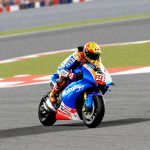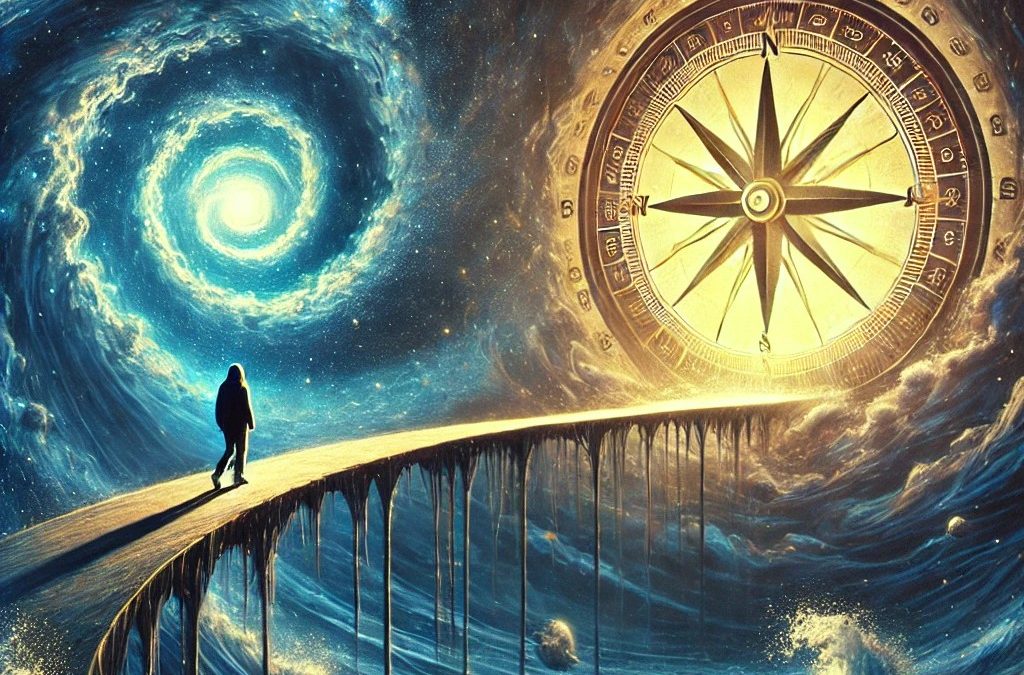
The Victim Archetype: My Personal Journey from Powerlessness to Integration
February 20, 2025
Speed, Alignment, and the Philosophy of Motion
February 28, 2025The Free Will Dilemma
The concept of Alignment suggests that we live most fully when we attune ourselves to our highest truths, our deepest values, and the natural flow of reality. But this raises a fundamental question: Do we actively choose to align ourselves, or is the very act of Alignment something beyond our control—an inevitable unfolding of our nature?
This paradox of free will versus determinism has occupied philosophers, scientists, and mystics for centuries. Some argue that we are the architects of our own destiny, making conscious choices that shape our lives. Others claim that free will is an illusion—that our thoughts, desires, and actions are the result of forces beyond our control, from genetics and environment to fate itself.
So, when it comes to Alignment, are we choosing it, or is it choosing us?
Free Will: The Power to Choose Alignment
If we believe in free will, then Alignment is a conscious decision. We choose to pursue truth, to act in accordance with wisdom, and to refine ourselves over time. This perspective aligns with:
Existentialism – Thinkers like Jean-Paul Sartre argue that we define ourselves through our choices. We are not bound by fate or biology, but by how we respond to life’s circumstances.
Self-Determination Theory – In psychology, this theory posits that humans have an innate drive toward autonomy, competence, and meaningful relationships. We flourish when we consciously shape our lives.
Personal Accountability – A belief in free will means we take responsibility for our actions. If we are out of Alignment, it is within our power to correct our course.
If Alignment is a choice, then each moment presents an opportunity to step into greater awareness, integrity, and truth.
Determinism: The Idea That Alignment Finds Us
On the other hand, if determinism holds true, then Alignment is not something we choose but something that happens as a result of larger forces. Our beliefs, desires, and decisions are not truly free but shaped by genetics, social conditioning, unconscious drives, and even cosmic order.
Neuroscience & Predictability – Studies show that our brains make decisions before we are consciously aware of them. This suggests that what we perceive as “free will” might just be an after-the-fact rationalization of predetermined choices.
Fate & Mysticism – Many spiritual traditions, including Taoism and Stoicism, suggest that life unfolds according to an inherent order. To be in Alignment is not to choose our path but to surrender to it.
Jung’s Concept of Individuation – Carl Jung believed that our psychological growth is not forced but naturally unfolds as we integrate different parts of ourselves. In this view, Alignment happens as a process of inevitable self-realization.
If Alignment is predetermined, then perhaps our role is not to fight for control, but to recognize the patterns guiding us and flow with them.
The Middle Path: Alignment as Both Choice and Unfolding
Rather than seeing free will and determinism as opposing forces, what if they are two sides of the same coin? What if Alignment requires both conscious intention and recognition of forces greater than ourselves?
Hermeticism’s Principle of Correspondence – “As above, so below.” This suggests that we have autonomy, but we also exist within a structured reality that influences our choices.
Quantum Uncertainty & Probability – Modern physics shows that particles behave in ways that suggest both determinism and randomness. This may imply that reality itself contains a balance of structure and spontaneity.
The Psychology of Flow States – True Alignment often feels effortless. We make choices, but the best moments happen when we are not overthinking—when we are fully immersed in the moment and guided by something beyond the rational mind.
Perhaps Alignment is something we step into when we stop forcing it—when we cultivate awareness but also trust in the unfolding of our path.
Conclusion: Living with the Paradox
So, do we choose Alignment, or does it choose us? The answer may be both. While we have agency in shaping our lives, our deepest moments of clarity often arise when we surrender control.
If we believe in free will, we refine ourselves through conscious choices. If we believe in determinism, we learn to flow with the greater patterns guiding us. Perhaps true Alignment is found in embracing both—taking action while trusting in the unseen forces that shape our journey.
🚀 The paradox of free will and destiny does not need to be solved—it only needs to be lived.
